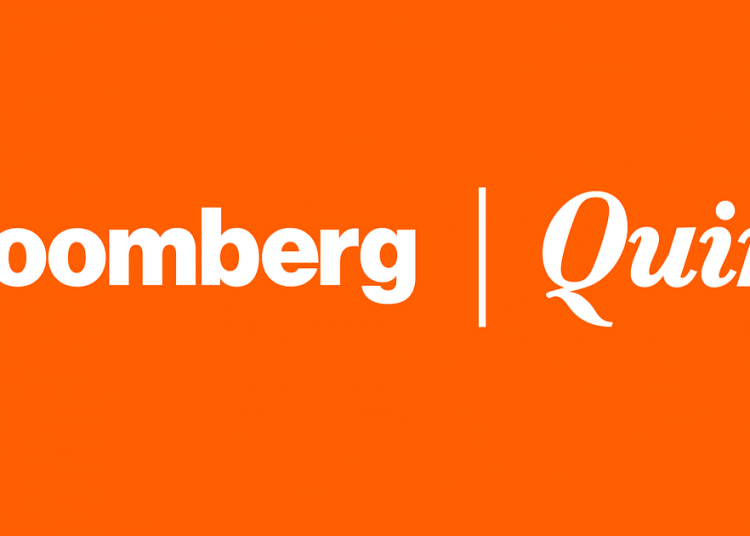(Bloomberg Opinion) — This past week was all about whether the “reflation trade” that underpinned the historic rally in equities from the early days of the pandemic is dead. If so, someone forgot to tell the Wall Street analysts whose job is to forecast corporate earnings.
The coming week marks the start of quarterly earnings season, when companies provide an update on their operations. First up are the big Wall Street banks including JPMorgan Chase & Co., Goldman Sachs Group Inc. and Citigroup Inc. That’s nice to know, but what you need to know is that analysts have been boosting their profit forecasts at a record pace. And they may still end up being too conservative.
Earnings estimates for the just-completed quarter were up 7.3% from the start of April to $45.03 a share for the members of the S&P 500 Index heading into this past week, according to DataTrek Research, which cited data compiled by FactSet. Perhaps even more important is that the latest prediction is still below the $49.06 a share earned in the first quarter, even though the economy likely grew by around 9% on an annualized basis in the latest period, the strongest in decades.
It’s true that markets are more about “What will you do for me?” than “What have you done for me?” And maybe last week’s wild swings in equities that featured the biggest intraday drop since May is a sign investors are worried that at about 22 times this year’s estimated earnings, stocks are priced for perfection and reflect all the good news. After all, with new coronavirus variants spreading quickly, evidence that China’s economy may be weakening and rates of inflation on the rise, perfection is hardly assured.
But it’s not like analysts, who are in regular contact with corporate executives and their insights, are getting cautious about the second half of the year. In fact, full-year estimates have steadily risen to a record $191 a share, from about $163 at the start of January, data compiled by Bloomberg show. That’s unusual because, as DataTrek points out, estimates usually start out high and get whittled down as the year progresses. Note that the 17% increase in estimates lines up nicely with the S&P 500’s gain this year of 16.3%, signaling that any upside surprise in earnings could give equities a further boost.
The key for the rest of the year will be whether the economy can overcome some developing headwinds. Although the recent drop in bond yields suggests the recovery may slow as, among other things, the pandemic lingers and supply-chain disruptions continue to wreak havoc with sales (just ask homebuilders trying to secure lumber or windows), it’s notable how economists have gotten more bullish on the outlook. The economy is likely to expand 7.1% this quarter on an annualized basis and 5.1% in the final three months of the year, according to Bloomberg’s monthly survey of 75 economists that was released Friday. This quarter’s estimate is up from 7% in the June survey and 6.8% in May. The fourth-quarter forecast has improved from 4.9% in June and 4.7% in May.
Underpinning the improved outlook are strong consumer balance sheets, pent-up demand to spend on things like eating out and traveling, and robust private investment, according to Bloomberg News. Spending on goods has already exceeded pre-pandemic levels, thanks in part to government stimulus checks. Consider that total U.S. household debt payments collapsed to a record low 8.23% of disposable personal income in the first quarter, down from as high as 13.2% heading into the global financial crisis, according to data released by the Federal Reserve on Wednesday.
That’s a lot of dry powder, and it looks like households are taking advantage. The Fed said this week that consumer credit rose by a record $35.3 billion in May, almost double what economists in a Bloomberg survey predicted.
After the record run equities have had from the lows in March 2020, it’s natural that equity investors would be a bit jittery. Markets don’t continuously move higher in a linear manner. And something will eventually cause valuations to reprice to more normal levels, but it won’t likely be anything having to do with this earnings season.
This column does not necessarily reflect the opinion of the editorial board or Bloomberg LP and its owners.
Robert Burgess is the Executive Editor for Bloomberg Opinion. He is the former global Executive Editor in charge of financial markets for Bloomberg News. As managing editor, he led the company’s news coverage of credit markets during the global financial crisis.















